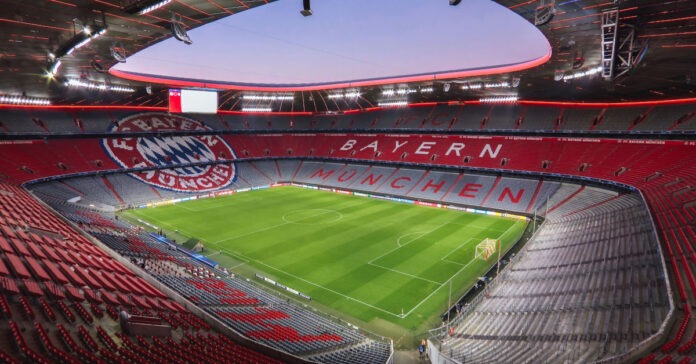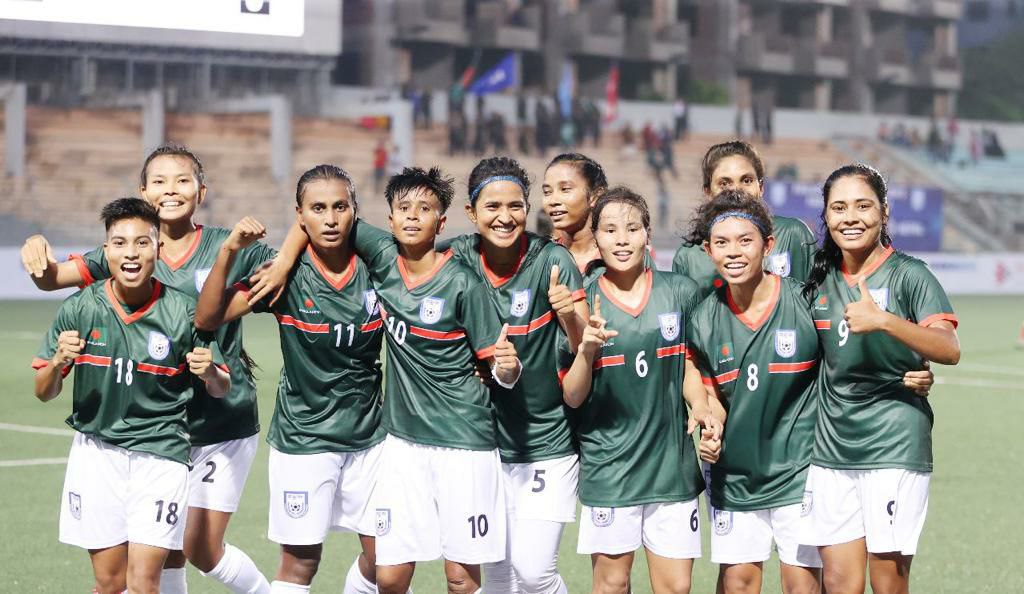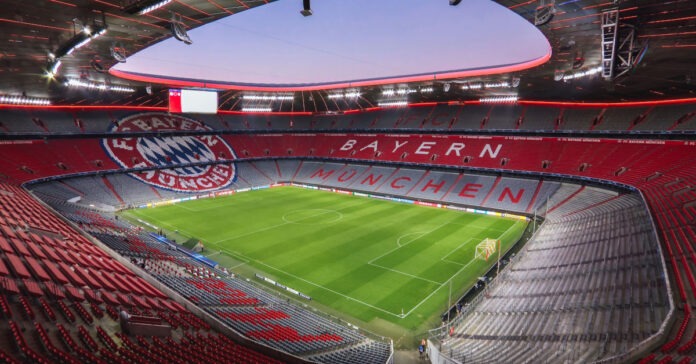
The Bayern Way
Firm
roots in the community are what sustains a club. That is what keeps the club
running not merely as a sporting outfit but more like a community centre of the
neighbourhood. And then there are the fans who are the lifeblood of clubs.
Bayern has it all. This is a glimpse of their story.
“We inspire others with outstanding experiences —
and with the essence of what makes us successful.” That is the guiding
principle of one of the most successful football clubs in the world — Bayern
Munich. The German giants have been a household name in world football for
decades. However, the club with substantial global reach is very much rooted to
its community.
With over 277,000 registered fans, Bayern is the most popular football team in Germany. As the premier football club of Germany, Bayern München also plays a leading role in the community. They have shown time and again that they are more than prepared to carry out that role. During the Covid-19 pandemic, the first initiative that Bayern München undertook was the #WeKickCorona campaign. The campaign was led by two Bayern stars — Joshua Kimmich and Leon Goretzka. Their mission was to raise money in support of social and charitable institutions working in areas affected by the pandemic. They also used the social media successfully to keep the fans engaged and attract more fans during the pandemic, even globally.
The fans are an integral part of the game. One
could not imagine football without its fans. And sometimes, fans may even take
the leading role in spreading the sport and solidarity. During the last FIFA
World Cup in Qatar, Bangladeshi fans gained international fame, especially in
Argentina, because of their support for the Albiceleste. Following the world
cup madness, Argentina has reopened their embassy in Bangladesh and an amateur
club with the name of Bangladesh has been formed in Argentina — Club Deportivo
Bangladesh.
This just goes to show how big and crucial fans
are to the beautiful game. And fanbase starts from the local community. The
Bavarians now even have an official fan club in Bangladesh but it did not
happen overnight.
Bayern finished behind city rivals TSV 1860
Munich in the 1962–63 campaign and were not even invited to join the nationwide
Bundesliga which was due to start the following season. The organisers invited
other clubs who had finished lower as they did not want more than one entrant
per city. However, Bayern finally entered Bundesliga in 1965 and have never
looked back since. The Bavarian giants boast no fewer than 290,000 club
members, which puts them over 100,000 clear of fellow European heavyweights
Benfica and Barca. The top five is completed by Bundesliga rivals Borussia
Dortmund and Schalke, both with just over 150,000 members.
Bayern have gained these members, not only
through their scintillating football but also through their empathetic charity
work. FC Bayern Hilfe eV helps people who have fallen on hard times through no
fault of their own with financial support including assistance to promote
education and training. In 2019, FC Bayern received an award for community
commitment. While receiving the award, Bayern Chairman Karl-Heinz Rummenigge
said, "Support for children and adults is more important than any title
race.” Such words and backed up by action make sure that a sports club has
strong footing in the community it is based in.
The local popularity then trickles down to attracting
local talents. Young and promising kids look up to the club and want to play
for and defend the badge when they grow up. Looking at the big clubs of
Germany, especially Bayern and Dortmund, makes it evident. Two of the most
iconic footballers of Germany in recent times, Manuel Neuer and Marco Reus are
the captains of the two clubs. They came up through the ranks of German clubs
and went on to represent their country in the world stage winning the FIFA
World Cup in 2014.
All of this is the result of strong club
infrastructure and community engagement. Bangladesh also has huge possibilities
in this regard where clubs like Mohammedan and Abahani have huge following in
their local community. Effective steps could make sure that Bangladesh could
also follow in the footsteps of Germany. The Bangladesh national team captain
is a testament to that. Jamal Bhuyan was born in Copenhagen, Denmark. His local
clubs Brondby IF and FC Copenhagen brought him to limelight that helped the BFF
locate him in their radar. Consequently, he has become the biggest brand of
Bangladesh football. Clubs have to play such roles to bring footballers up.
That is how the football world has been functioning since the beginning and
that is how it will continue to function.
Football is still the most popular sport in Bangladesh. The national team’s matches outside the capital and even the recent Federation Cup final between Mohammedan and Abahani have proven that again. The clubs need to chalk up their plans now if they indeed want to bring back the popularity of top tier domestic football in Bangladesh. European heavyweights like Bayern Munich are examples they could look up to, to build their infrastructure for the future. This would not only serve the clubs themselves but the footballing nation of Bangladesh as a whole.










